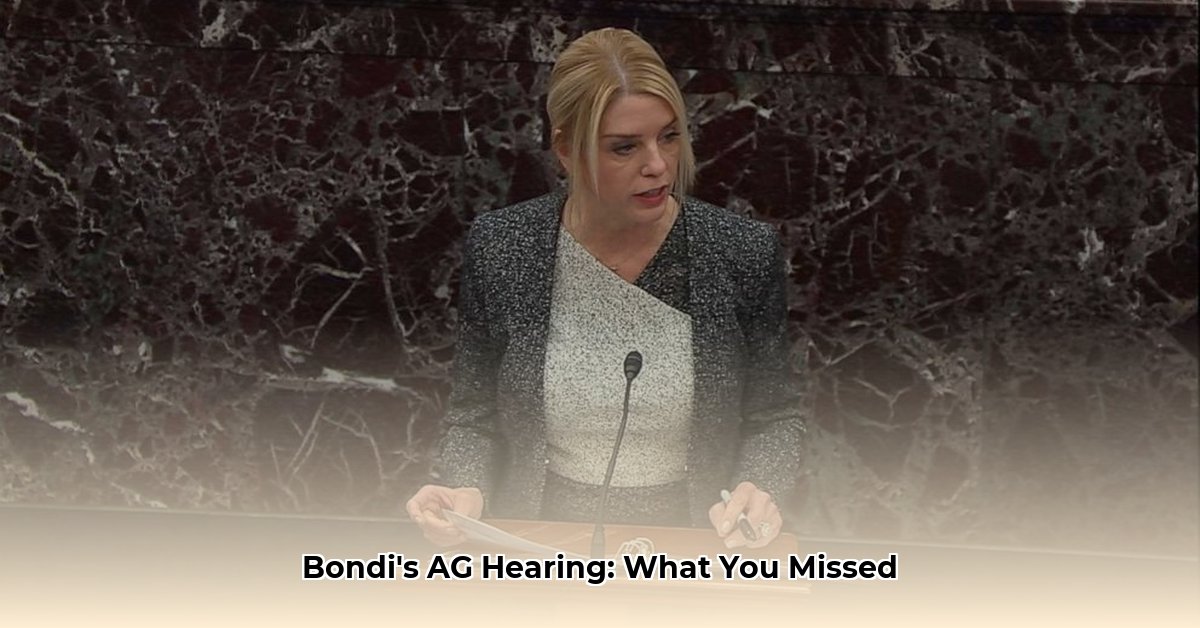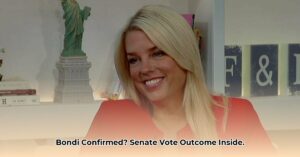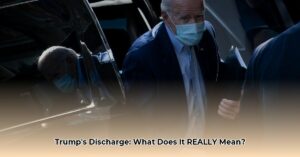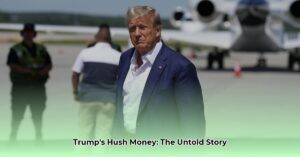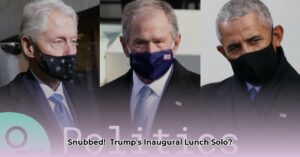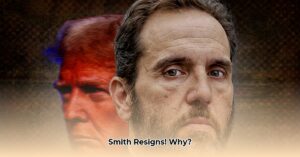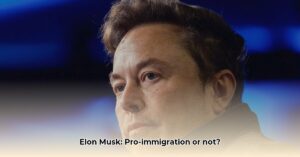Scrutinizing Bondi’s Impartiality and DOJ’s Independence
Pam Bondi’s January 15, 2025 confirmation hearing for Attorney General, at the dawn of a hypothetical second Trump term, ignited a firestorm of debate. Senators rigorously questioned her loyalty to former President Trump, her stance on the 2020 election, and the potential for DOJ politicization. This analysis delves into the key issues raised, exploring Bondi’s responses and the potential implications for the American legal system.
Bondi’s Relationship with Trump: A Balancing Act
Bondi’s close relationship with Trump became a central point of contention. Senators probed whether this could compromise her impartiality. Could she truly make objective legal decisions, or would her loyalty to Trump influence her judgment? This echoes the concerns around any judge presiding over a case involving a close friend. The hearing examined this potential conflict of interest, seeking assurances of Bondi’s independence.
The 2020 Election and DOJ Politicization Fears
The 2020 election loomed large, fueling concerns about potential DOJ politicization under Bondi. Some feared she might advance Trump’s political agenda, potentially undermining the DOJ’s integrity and future elections. The hearing explored these anxieties. Were they legitimate safeguards against democratic erosion or politically motivated attacks? Different perspectives viewed the inquiries as crucial for protecting democratic processes or as partisan attempts to discredit Bondi.
Unpacking Bondi’s Testimony: Key Quotes and Responses
Bondi’s testimony offered a complex mix of defending legal principles and aligning with Trump’s narrative. Her exchange with Senator Durbin exemplified this. When pressed on refusing an unlawful presidential order, she stated, “If I thought that would happen…I would not be sitting here today.” While seemingly decisive, later remarks echoing Trump’s claims of being unfairly targeted raised doubts about her detachment from his perspective.
Her stance on the 2020 election also proved challenging. While acknowledging Biden’s win, she hinted at voter fraud, failing to fully reassure those concerned about her commitment to objective truth. This attempt to appease all sides satisfied few, raising questions about her true allegiances.
Bondi pledged to end “partisan weaponization” within the DOJ. However, her past ties with Trump fueled skepticism. Could she objectively lead the department he was accused of manipulating? This question resonated throughout the hearing.
Here’s a breakdown of key testimony aspects and potential interpretations:
| Topic | Bondi’s Statement/Position | Potential Interpretations/Concerns |
|---|---|---|
| Presidential Directives | “If I thought that would happen…I would not be sitting here today.” | Does this truly address how she would define “unlawful” and react in a real-world scenario? |
| 2020 Election Results | Acknowledged Biden’s victory but alluded to voter fraud. | This balancing act raises doubts about her acceptance of the election outcome and commitment to objective truth. |
| DOJ Politicization | “Under my watch…the partisan weaponization…will end.” | Given her history with Trump, can she truly reform the DOJ and maintain impartiality? |
| Relationship with Trump | Close ties and past support for Trump. | Does this suggest potential conflicts of interest influencing her decisions? |
Potential Implications for the DOJ and Beyond
Bondi’s hearing highlighted anxieties about the DOJ potentially becoming a political instrument under Trump. Her responses regarding the 2020 election and potential January 6th pardons were closely scrutinized. Could she maintain DOJ impartiality, or would loyalty to Trump prevail?
Her history with Trump and the 2020 election cast a long shadow. Senators questioned her role in spreading election distrust. Would this unshakeable loyalty hinder her ability to lead the DOJ fairly? Her reluctance to fully acknowledge the election results, coupled with her avoidance of condemning Trump’s debunked voter fraud claims, worried Democrats. It raised doubts about her commitment to democratic integrity.
The potential consequences of her confirmation were substantial. Many feared a DOJ answering to the President, not the law, potentially influenced by executive whims. This concern intensified considering Trump’s expanded DOJ immunity powers, possibly shielding individuals from accountability. What impact would this have on future investigations into presidential actions?
With Bondi’s confirmation looking likely, Senate Democrats shifted focus to another controversial nominee: Kash Patel for FBI Director. Two Trump loyalists leading the nation’s most powerful law enforcement agencies suggested a potential systemic transformation. What implications would this have on governmental balance of power?
Bondi’s hearing provided a glimpse into a potential Trump-era DOJ. Her vague responses left many unconvinced of her independence and ability to withstand political pressure. Could these agencies become tools of political agendas? Some experts believe this combination of appointments could profoundly impact the rule of law, while others see it as a continuation of established executive practices. Further research is needed to fully understand the potential consequences. Only time will tell if her actions would have matched her words.
| Potential Concern | Best-Case Scenario | Worst-Case Scenario |
|---|---|---|
| DOJ Independence | Bondi demonstrates impartiality, upholding the rule of law. | DOJ becomes highly politicized, undermining investigations and prosecutions. |
| 2020 Election Integrity | Bondi acknowledges legitimate results, condemns misinformation. | Bondi continues supporting unsubstantiated fraud claims, eroding public trust. |
| Executive Power/DOJ Immunity | Trump uses expanded powers responsibly. | Trump abuses powers to shield himself and allies. |
| FBI Leadership (Kash Patel) | Patel prioritizes national security, upholds FBI integrity. | FBI becomes a tool for political persecution. |
Further research is needed to fully assess the long-term impacts of these potential appointments. While uncertainties remain, Bondi’s hearing raised crucial questions about the future of justice in America.

